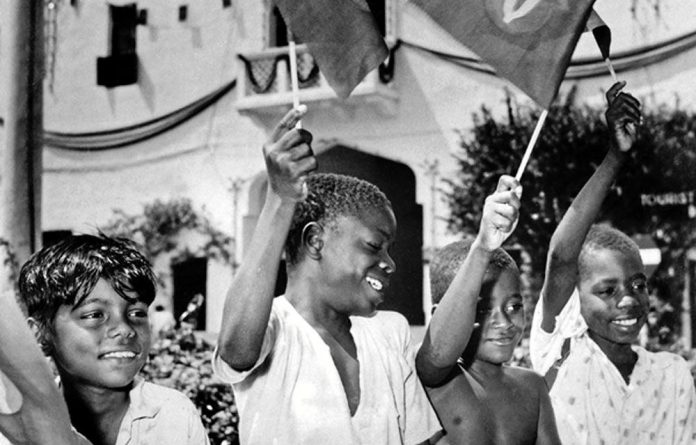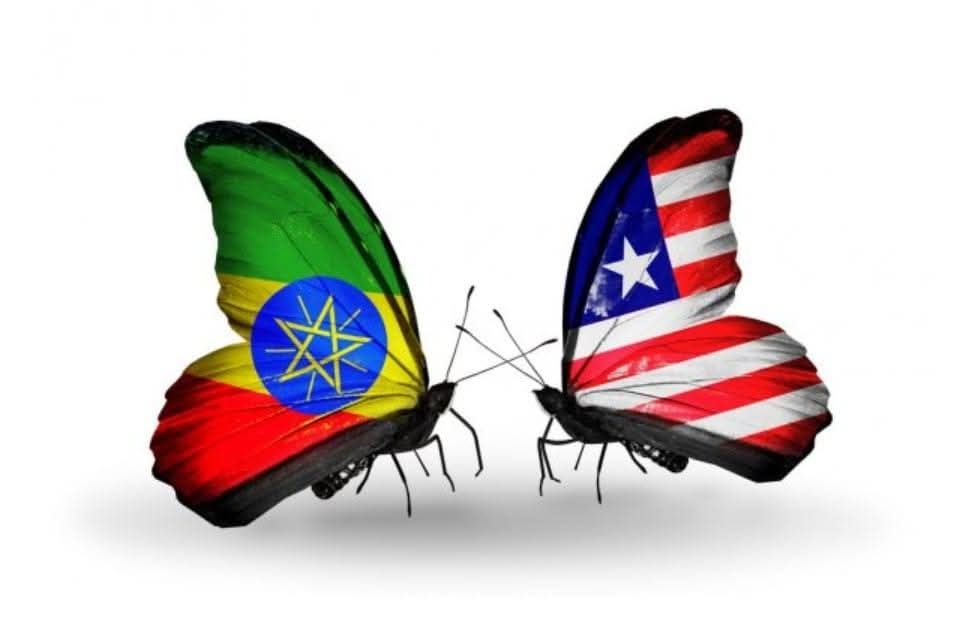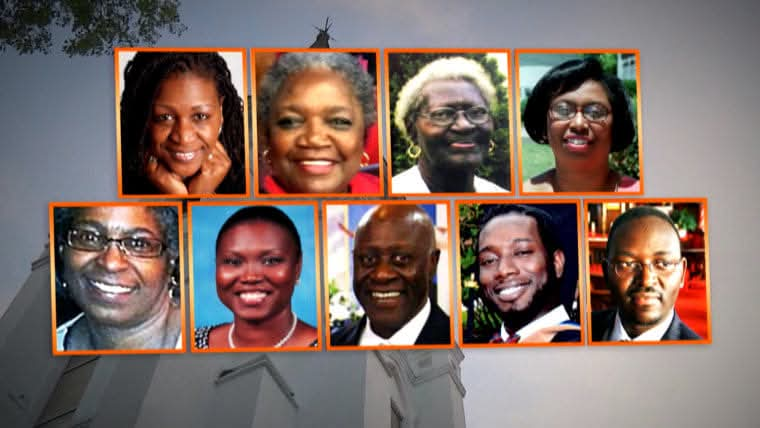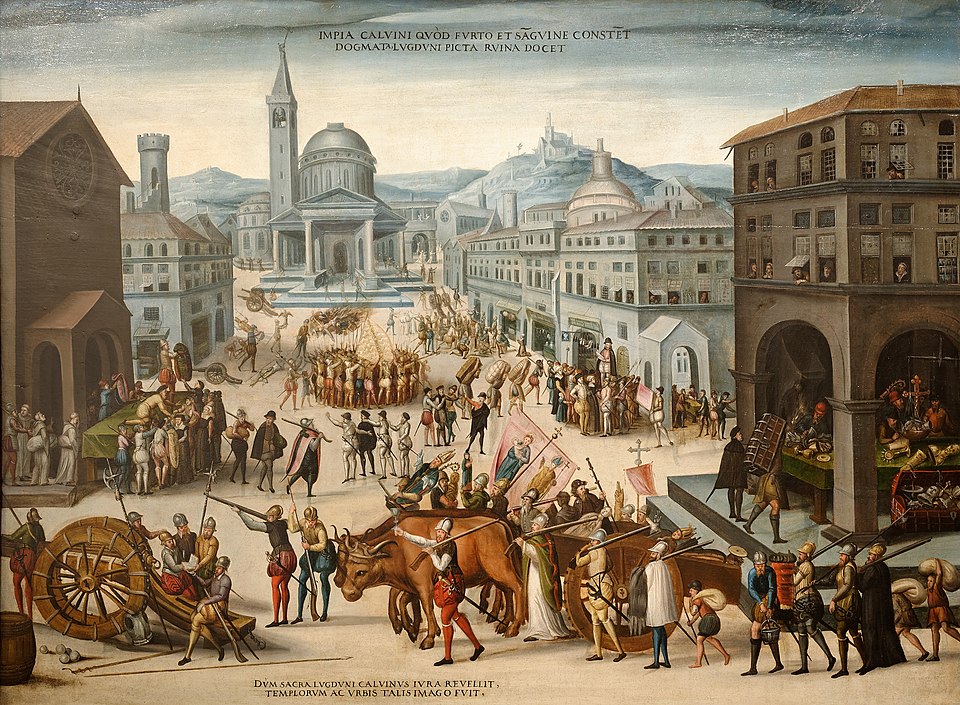ZANZIBAR REVOLUTION: A Battle to Defeat Secondary Colonialism

Did you know that one of the main reason of the Zanzibar revolution which was to break the power of the Arab and Asian ruling class, resulted in the overthrow of the Sultan of Zanzibar and his mainly Arab government by the island's majority Black African population?
Zanzibar was an ethnically diverse state consisting of a number of islands off the east coast of Tanganyika (a sovereign state, comprising the mainland part of present-day Tanzania, that existed from 1961 until 1964). It had become fully independent in 1963, with responsibility for its own defence and foreign affairs, as a result of Britain giving up its protectorate over it.
In a series of parliamentary elections preceding this change, the Arab minority succeeded in retaining the hold on power it had inherited from Zanzibar's former existence as an overseas territory of Oman. Frustrated by under-representation in Parliament, despite winning 54 per cent of the vote in the July 1963 election, the African Afro-Shirazi Party (ASP) early in the morning of 12 January 1964, led by John Okello, the (ASP) youth leader of the Pemba branch, mobilised around 600–800 men on the main island of Unguja (Zanzibar Island).
Having overrun the country's police force and appropriated their weaponry, the insurgents proceeded to Zanzibar Town, where they overthrew the Sultan and his government. They proceeded to loot Arab and South Asian-owned properties and businesses and then rape or murder Arab and Indian civilians on the island. The death toll is disputed, with estimates ranging from several hundred to 20,000. The moderate ASP leader, Abeid Karume, became the country's new president and head of state.
The new government's apparent communist ties concerned Western governments. As Zanzibar lay within the British sphere of influence, the British government drew up a number of intervention plans. However, the feared communist government never materialised, and because British and American citizens were successfully evacuated, these plans were not put into effect. The Eastern Bloc powers of East Germany and the Soviet Union, along with the anti-Soviet People's Republic of China, immediately recognised the country and sent advisors.
Karume succeeded in negotiating a merger of Zanzibar with Tanganyika to form the new nation of Tanzania, an act judged by contemporary media to be an attempt to prevent communist subversion of Zanzibar. The revolution ended 200 years of Arab dominance in Zanzibar, and is commemorated on the island each year with anniversary celebrations and a public holiday.
The domestic government led by the President of Zanzibar, Karume, the first holder of this office, used the success of the revolution to implement reforms across the island. Many of these involved the removal of power from Arabs. The Zanzibar civil service, for example, became an almost entirely African organisation, and land was redistributed from Arabs to Africans. The revolutionary government also instituted social reforms such as free healthcare and opening up the education system to African students (who had occupied only 12 per cent of secondary school places before the revolution).
The government sought help from the Soviet Union, the German Democratic Republic (GDR) and People's Republic of China for funding for several projects and military advice. The failure of several GDR-led projects including the New Zanzibar Project, a 1968 urban redevelopment scheme to provide new apartments for all Zanzibaris, led to Zanzibar focusing on Chinese aid.
The post-revolution Zanzibar government was accused of draconian controls on personal freedoms and travel and exercised nepotism in appointments to political and industrial offices, the new Tanzanian government being powerless to intervene. Dissatisfaction with the government came to a head with the assassination of Karume on 7 April 1972, which was followed by weeks of fighting between pro- and anti-government forces.
A multi-party system was eventually established in 1992, but Zanzibar remains dogged by allegations of corruption and vote-rigging, though the 2010 general election was seen to be a considerable improvement.
The revolution itself remains an event of interest for Zanzibaris and academics. Historians have analysed the revolution as having a racial and a social basis, with some stating that the African revolutionaries represent the proletariat rebelling against the ruling and trading classes, represented by the Arabs and South Asians. Others discount this theory and present it as a racial revolution that was exacerbated by economic disparity between races.
Within Zanzibar, the revolution is a key cultural event, marked by the release of 545 prisoners on its tenth anniversary and by a military parade on its 40th. Zanzibar Revolution Day has been designated as a public holiday by the government of Tanzania; it is celebrated on 12 January each year. The Mapinduzi Cup (Revolution Cup), an association football knockout competition is organized by the Zanzibar Football Association in early January between 6–13 January to mark the revolution day (12 January).
Source: Wikipedia
#penglobalhistory



